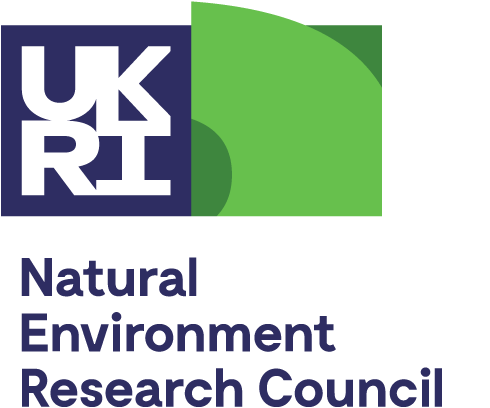We work internationally with other funding organisations to help support excellent research collaborations.
Agreements exist with priority funders to allow researchers to submit a single collaborative proposal. These agreements help minimise the risk of double jeopardy. Instead of being reviewed by both funders, each collaborative submission is reviewed by a single panel, avoiding duplication of effort for applicants and peer reviewers. These agreements do not represent additional funding, their aim to make routes to collaboration as ‘normal business’ as possible.
National Science Foundation (NSF)
The collaboration between NERC and the USA’s National Science Foundation (NSF) under the Lead Agency Agreement is continuing following a successful initial two-year phase (2015 to 2016).
NERC and the USA’s National Science Foundation have agreed to work together to make it easier for world-leading environmental scientists to collaborate on discovery science projects and tackling global environmental challenges.
Proposals must be an integrated UK and USA effort to address a research topic of interest to both NERC and a relevant NSF division that would benefit from a collaborative approach.
Find out more about how to apply for funding under this collaboration: work with US-based researchers on environmental science research.
FAPESP
NERC and our UKRI partners have a Memorandum of Understanding with FAPESP, the Research Council for the State of São Paulo, Brazil. This removes barriers to collaboration by enabling a single review process for joint applications in discovery science, and in selected research programmes.
Find out more about how to apply for funding under this collaboration: work with Brazilian-based researchers on environmental science research.
Fonds National de la Recherche (FNR)
NERC and our UKRI partners work in partnership with Fonds National de la Recherche (FNR) in Luxembourg, to encourage and support proposals that involve international collaborative teams. This agreement not only avoids double jeopardy in funding applications, it also demonstrates our commitment to an open and inclusive European Research Area by removing some of the barriers facing international research collaboration.
Last updated: 15 January 2024


